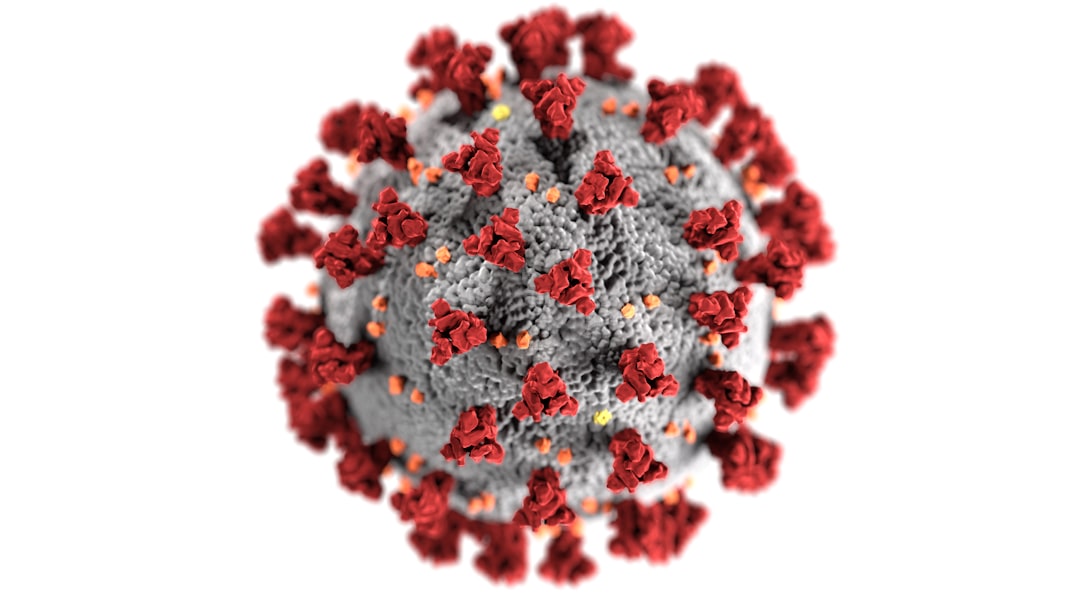What is it about?
This paper gives a good background and understanding of the least attended to domestic wastewater in ghana especially in cities. The haphazard manner in which greywater is handled is carefully presented. Attempt is made to quantify greywater which is less known and the magnitude of contaminants including selected micro pollutants and their implications for potential environmental and public health risks extensively discussed.
Featured Image
Why is it important?
Studies on greywater is very limited in ghana. There is dearth of knowledge about the characteristics and the potential environmental risk associated with greywater in ghana. There is rich information and knowledge on the state and consequence of management practices pertaining in the Ghana and other countries with similar settings.
Perspectives
The research findings strongly elucidate the need for critical research and innovation that should interest all stakeholders - academia, policy makers, business community, generators and managers of domestic wastewater in the country. The conclusions call for immediate intervention in greywater management practices in the country in the context of meeting the Sustainable Development Goals and adaptation to water resource challenges in tandem with climate change.
Bismark Dwumfour-Asare
Read the Original
This page is a summary of: Greywater characterization and handling practices among urban households in Ghana: the case of three communities in Kumasi Metropolis, Water Science & Technology, May 2017, IWA Publishing,
DOI: 10.2166/wst.2017.229.
You can read the full text:
Contributors
The following have contributed to this page










